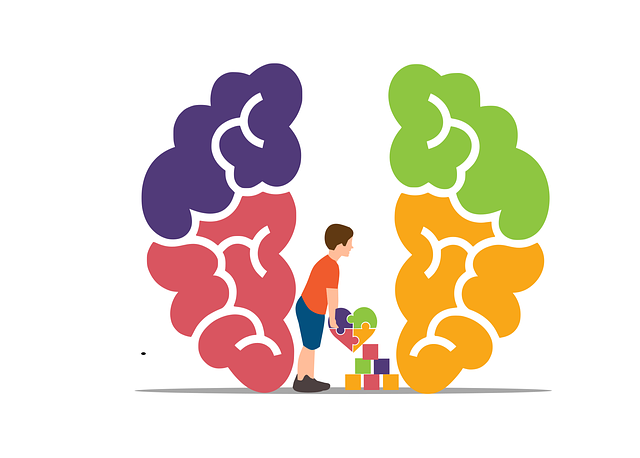Crisis intervention skills are crucial for mental health professionals to offer immediate support during moments of intense distress, tailoring approaches based on individual needs and context. Parker Therapy emphasizes active listening and empathy building as key strategies in its couples communication issues therapy, helping partners improve dialogue, resolve conflicts, and strengthen their bond. This structured yet flexible approach, integrated with mental wellness practices like journaling and mindfulness, contributes to long-term mental health and well-being.
In times of crisis, effective intervention strategies are vital for supporting individuals and couples. This article guides you through essential techniques, focusing on both general crisis intervention principles and specific challenges within relationships. We explore ‘Understanding Crisis Intervention’ as a foundational step towards meaningful support. Furthermore, we delve into Parker Couples Communication Issues, offering practical strategies to improve connection during crises. Lastly, we provide therapy techniques tailored for resolving relationship conflicts.
- Understanding Crisis Intervention: A Foundation for Effective Support
- Parker Couples Communication Issues: Strategies for Improving Connection
- Therapy Techniques for Navigating and Resolving Crises in Relationships
Understanding Crisis Intervention: A Foundation for Effective Support

Crisis intervention is a crucial skill for mental health professionals, enabling them to provide immediate and effective support during moments of intense distress. It involves a structured yet flexible approach to help individuals navigate through crises, ensuring their safety and fostering resilience. The foundation of crisis intervention lies in understanding that each person’s experience of a crisis is unique, shaped by their personal history, cultural background, and the specific context of the event.
For instance, couples facing communication issues, as highlighted by Parker Therapy, can benefit from crisis intervention strategies that promote active listening, empathy building (a key component in Risk Management Planning for Mental Health Professionals), and safe spaces for expressing emotions. Mental wellness coaching programs often incorporate crisis intervention techniques to support individuals in managing acute stress, anxiety, or depression, ultimately contributing to their long-term mental health and well-being.
Parker Couples Communication Issues: Strategies for Improving Connection

Many couples seeking therapy with Parker Couples Communication Issues struggle to improve their connection due to unaddressed communication patterns. Effective strategies involve fostering open dialogue and active listening, ensuring both partners feel heard and respected. Mental health professionals play a crucial role in guiding this process by encouraging positive thinking and helping couples identify and challenge negative communication habits.
A thorough risk assessment for mental health professionals is essential to navigate sensitive topics safely. By prioritizing mood management techniques, therapists can create a secure environment where couples can express their feelings honestly. This foundation of trust enables deeper exploration of communication issues, ultimately facilitating meaningful connections and enhancing overall relationship satisfaction.
Therapy Techniques for Navigating and Resolving Crises in Relationships

In the face of crises, relationships can often benefit from structured therapeutic interventions designed to improve communication and resolve conflicts. Parker Couples Communication Issues Therapy is a well-regarded approach that focuses on enhancing dialogue and fostering understanding between partners. This method encourages active listening, open expression of feelings, and empathy, which are crucial components in navigating turbulent times. By helping couples identify underlying issues, express their needs effectively, and develop coping skills, this therapy technique enables them to address crises as a team, strengthening their bond in the process.
Integrating practices from Mental Wellness Journaling Exercise Guidance can further support this process. Writing down thoughts and emotions allows individuals to gain clarity on their feelings and identify patterns contributing to the crisis. Mindfulness Meditation, another valuable tool, promotes present-moment awareness, enabling individuals to respond rather than react during challenging discussions. Together, these techniques provide a comprehensive framework for couples to address crises in their relationships, ultimately enhancing their overall mental wellness.
Crisis intervention strategies, as explored through understanding fundamental principles, Parker couples communication issues therapy techniques, and effective relationship crisis resolution, offer vital tools for navigating challenging situations. By implementing these practices, individuals and couples can foster healthier connections, enhance emotional resilience, and promote positive outcomes in times of distress. Incorporating these evidence-based methods into personal and professional contexts enables us to better support others and ourselves during crises, ultimately fostering stronger, more resilient relationships.














